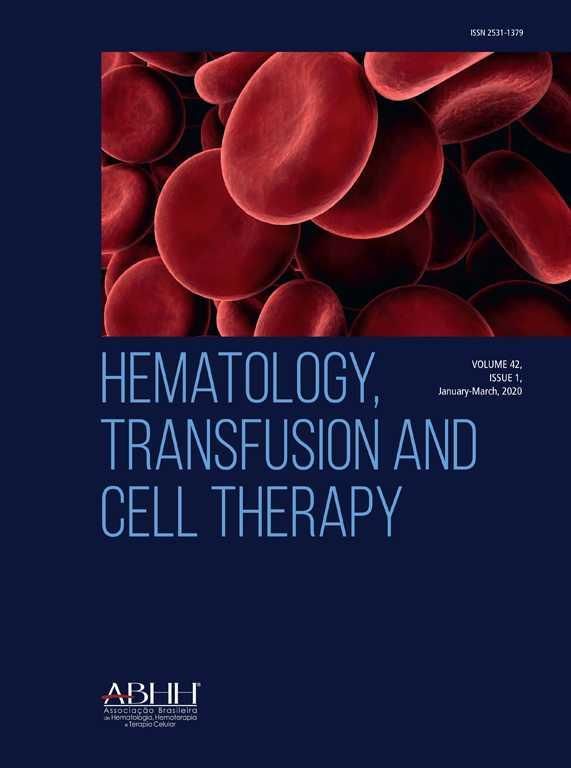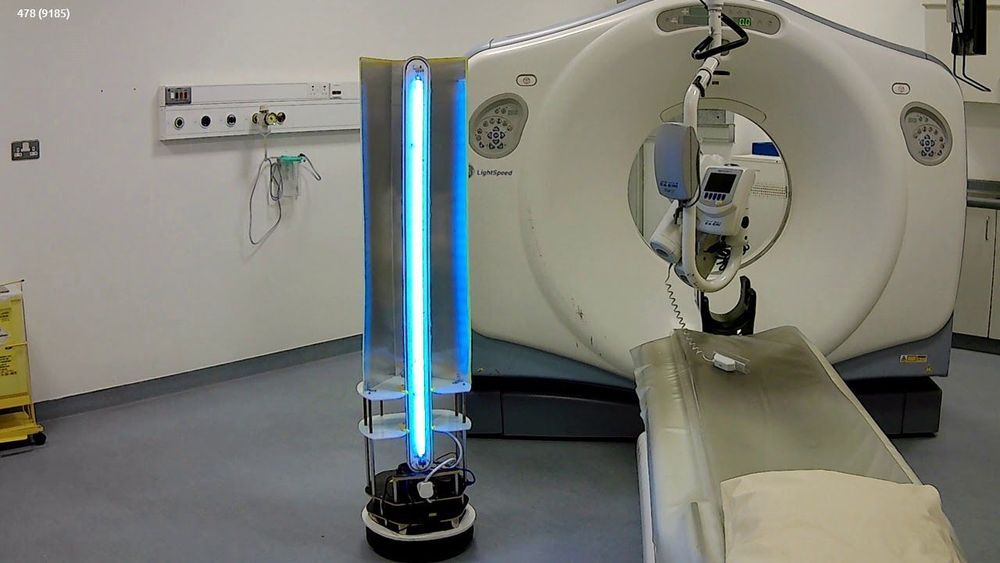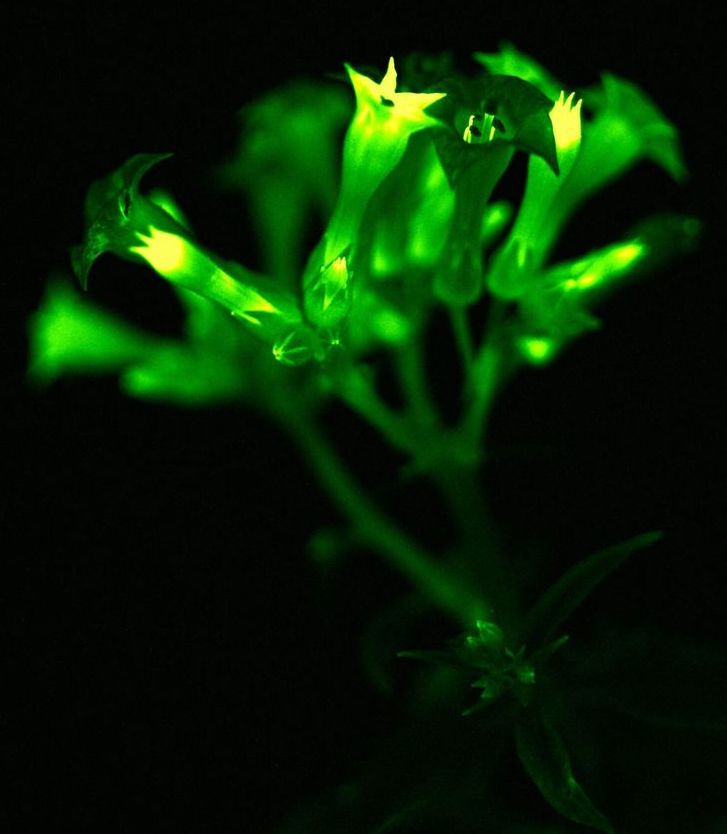
The recent infective outbreak caused by the severe acute respiratory syndrome coronavirus 2 (SARS-CoV-2), now officially defined as coronavirus disease 2019 (COVID-19), has already affected over 1million people from nearly all countries worldwide, causing approximately 66,000 deaths. 1 The clinical characteristics of this pandemic disease may be complicated by the onset of a severe form of intestinal pneumonia in 10–15% of infected patients, which may then progress toward acute respiratory distress syndrome (ARDS) and eventually in multi-organ failure (MOF) and death. 2 Since laboratory hematology is a mainstay for screening, diagnosis, but also for prognostication and therapeutic monitoring of a kaleidoscope of human disorders, 3 the aim of this article was to investigate whether or not hemoglobin values may be a predictive factor of worse clinical progression in patients with COVID-19.
We performed an electronic search in Medline, Web of Science and Scopus, using the keywords “laboratory” OR “hemoglobin” AND “coronavirus 2019” OR “2019-nCoV” OR “SARS-CoV-2”, between 2019 and the present time (i.e., March 4, 2020), with no language restriction. The title, abstract and full text of documents identified according to these search criteria were analyzed and those reporting information on the hemoglobin values in COVID-19 patients with or without severe disease (i.e., those needing mechanical ventilation, intensive care unit (ICU) admission or those who died), were meta-analyzed. The reference list of all documents was examined to identify additional eligible studies. The final meta-analysis entailed the estimation of the weighted mean difference (WMD) and 95% confidence interval (95% CI) of hemoglobin values between subjects with or without severe disease. The statistical analysis was performed with the MetaXL software, Version 5.3 (EpiGear International Pty Ltd.









 The novel coronavirus SARS-CoV2 has been observed to cause a higher incidence and greater severity of disease in males, as seen in multiple cohorts across the globe. The reasons for gender disparity in disease severity is unclear and can be due to host factors. To determine whether males have delayed viral clearance after infection, we evaluated the time to clearance in symptomatic patients tested by serial oropharyngeal/nasopharyngeal swabs followed by RT-PCR at a reference lab in Mumbai, India. A total of 68 subjects with median age of 37 years (3−75 range) were examined and included 48 (71%) males and 20 (29%) females. We observed that females were able to achieve viral clearance significantly earlier than males, with a median difference of 2 days in achieving a negative PCR result (P value = 0.038). Furthermore, examination of 3 families with both male and female patients followed serially, demonstrated that female members of the same household cleared the SARS-CoV2 infection earlier in each family. To determine reasons for delayed clearance in males, we examined the expression patterns of the SARS-CoV2 receptor, Angiotensin-converting enzyme 2 (ACE2), in tissue specific repositories. We observed that the testes was one of the highest sites of ACE2 expression in 3 independent RNA expression databases (Human Protein Atlas, FAMTOM5 and GETx). ACE2 was also determined to be highly expressed in testicular cells at the protein levels. Interestingly, very little expression of ACE2 was seen in ovarian tissue. Taken together, these observations demonstrate for the first time that male subjects have delayed viral clearance of SARS-CoV2. High expression of ACE2 in testes raises the possibility that testicular viral reservoirs may play a role in viral persistence in males and should be further investigated.
The novel coronavirus SARS-CoV2 has been observed to cause a higher incidence and greater severity of disease in males, as seen in multiple cohorts across the globe. The reasons for gender disparity in disease severity is unclear and can be due to host factors. To determine whether males have delayed viral clearance after infection, we evaluated the time to clearance in symptomatic patients tested by serial oropharyngeal/nasopharyngeal swabs followed by RT-PCR at a reference lab in Mumbai, India. A total of 68 subjects with median age of 37 years (3−75 range) were examined and included 48 (71%) males and 20 (29%) females. We observed that females were able to achieve viral clearance significantly earlier than males, with a median difference of 2 days in achieving a negative PCR result (P value = 0.038). Furthermore, examination of 3 families with both male and female patients followed serially, demonstrated that female members of the same household cleared the SARS-CoV2 infection earlier in each family. To determine reasons for delayed clearance in males, we examined the expression patterns of the SARS-CoV2 receptor, Angiotensin-converting enzyme 2 (ACE2), in tissue specific repositories. We observed that the testes was one of the highest sites of ACE2 expression in 3 independent RNA expression databases (Human Protein Atlas, FAMTOM5 and GETx). ACE2 was also determined to be highly expressed in testicular cells at the protein levels. Interestingly, very little expression of ACE2 was seen in ovarian tissue. Taken together, these observations demonstrate for the first time that male subjects have delayed viral clearance of SARS-CoV2. High expression of ACE2 in testes raises the possibility that testicular viral reservoirs may play a role in viral persistence in males and should be further investigated.







